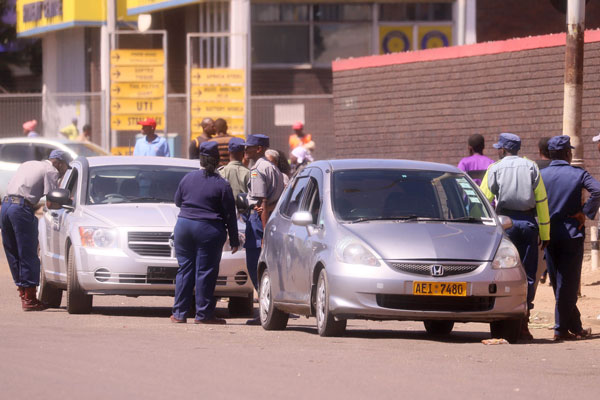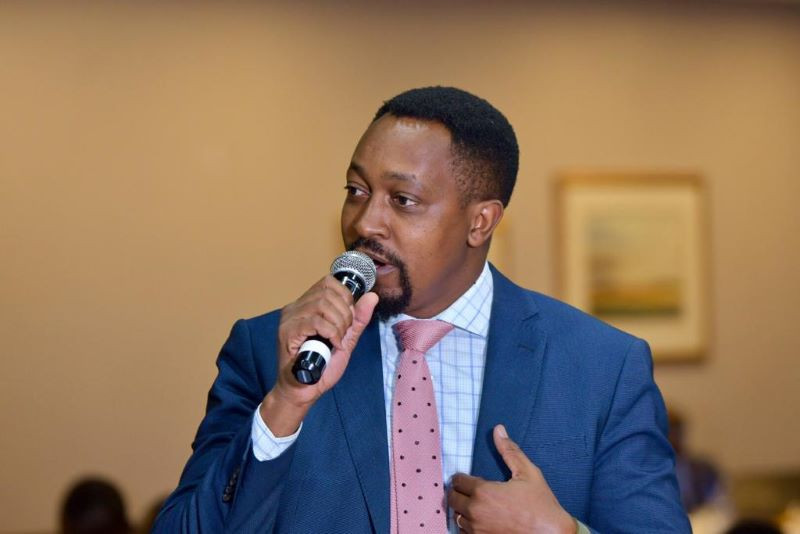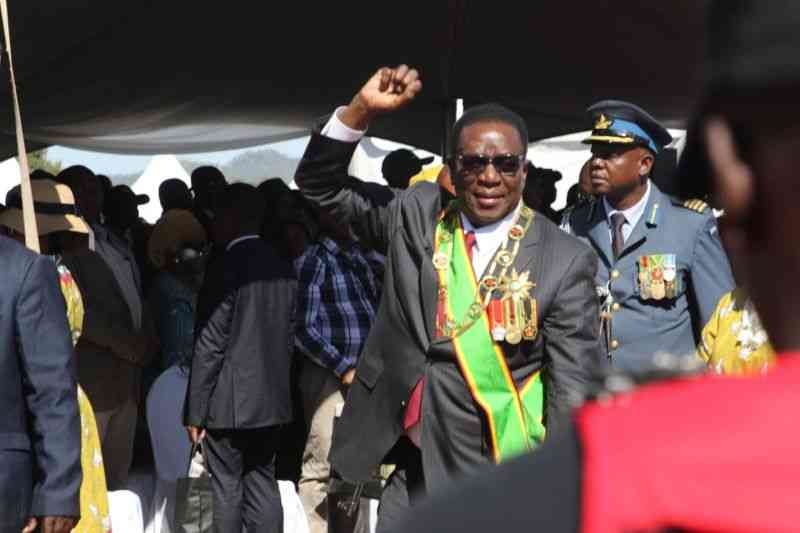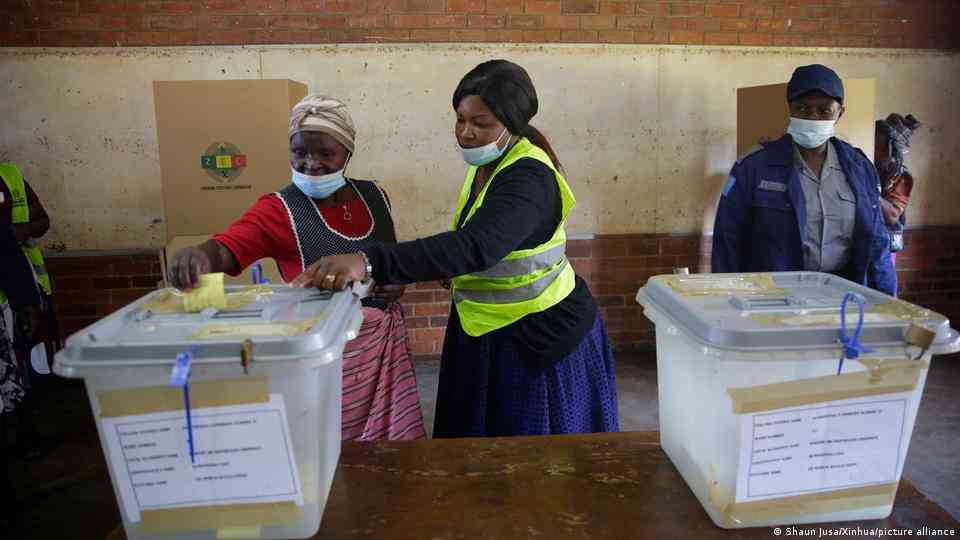
BY STAFF REPORTER
The United Nations rights expert has condemned the excessive use of force by Zimbabwean police and soldiers during demonstrations saying the perpetrators must be brought to book.
Clement Nyaletsossi Voule, the special rapporteur on the rights to freedom of peaceful assembly and association made the damning assessment at the end of a 10 day fact finding mission on Friday.
Voule was invited by the government amid denials that soldiers and police were involved in gross human rights violations in protests that rocked the country in August 2018 and January this year.
He said soldiers should only be deployed in exceptional circumstances and noted that in Zimbabwe it had become commonplace.
“In cases where there have been human rights violations committed by police or the military, including in instances of the excessive use of force, it is vital that perpetrators are held accountable,” Voule said.
“To foster impunity is to foster distrust among the population, alienating them from the government, and quashing their hopes of meaningful change in the future.”
Human Rights Watch said in January soldiers fired live ammunition, killing 17 people and raped at least 17 women.
- Chamisa under fire over US$120K donation
- Mavhunga puts DeMbare into Chibuku quarterfinals
- Pension funds bet on Cabora Bassa oilfields
- Councils defy govt fire tender directive
Keep Reading
The government has not taken responsibility for the deaths and no one has been prosecuted. Voule said he was shocked by testimonies of victims of the army and police clampdown.
“I was shocked by the testimonies of victims who alleged they had been raped and sexually assaulted by military and police elements in the context of the protests,” he said.
“The victims of these crimes explained they were assaulted in their homes, in many cases at night, and felt this was being used as a tactic to cause pain and fear among those linked to leaders of protests or to cause general fear among the population.
“I also heard of massive arbitrary arrests, and cases of abduction and torture of protestors.
“During these events children who were caught in the middle of the protests or who wanted to actively participate in them were prevented from doing so.”
The UN expert said Zimbabweans feared that soldiers were not adequately trained to handle protests.
From my discussions on recent events, I have perceived that the use of military forces has a profound negative impact, including in the minds of the population, who fear these forces are not adequately trained to handle demonstrations,” he said.
Voule also urged the government to ensure that recommendations by the Motlanthe Commission, which investigated the August 1, 2018 killings by soldiers.
The commission recommended the prosecution of soldiers behind the death of six protestors. Voule said he was concerned about threats against civil society groups.
“In addition, I have heard reports, which I have raised with the government, of trade union members being targeted for their involvement in calling for strikes and protests,” he said.
“I urge the government to examine these concerns and create an enabling environment for NGOs, defenders, trade union members, community leaders and the like to continue their activism.
“Their work is vital to secure democracy, rule of law and sustainable development in the country as aimed by the ‘new dispensation’”.










